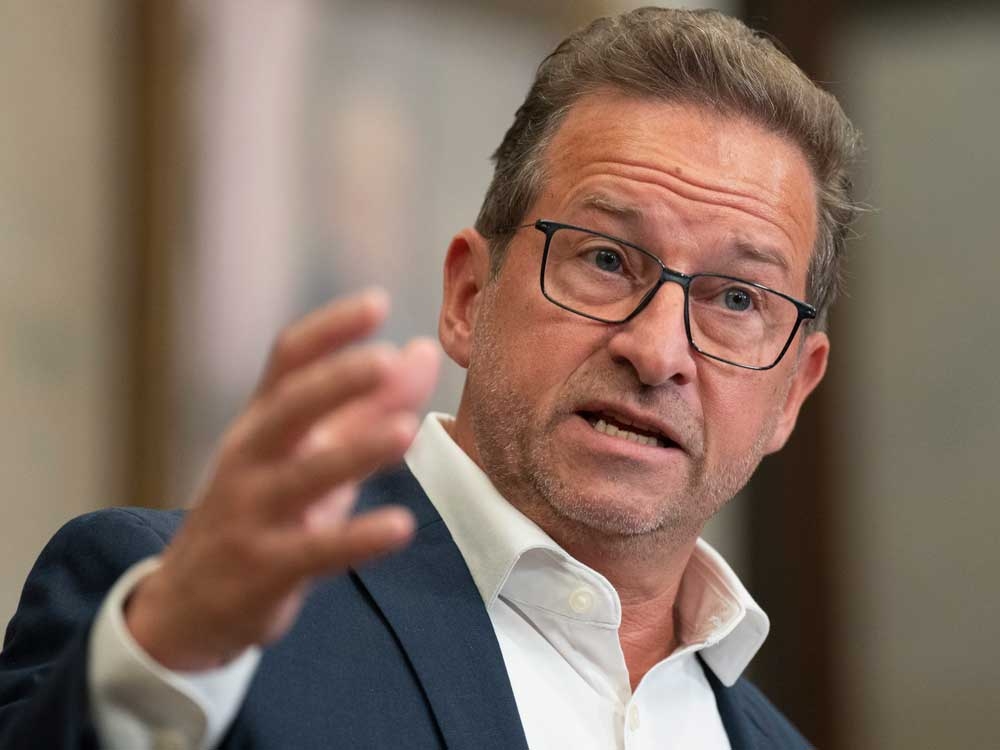
So, it’s out of the socialist pan and into the separatist fire. On the heels of NDP Leader Jagmeet Singh declaring he’s no longer going to prop up Prime Minister Justin Trudeau’s government, Yves-Francois Blanchet and the Bloc Quebecois say they’ll be happy to do the same for a price. The separatist party says its price for allowing the Trudeau government to survive non-confidence votes coming from Conservative Leader Pierre Poilievre when Parliament resumes next week — assuming Trudeau doesn’t prorogue Parliament — will be major concessions to Quebec.
“We are very happy,” BQ House Leader Alain Therrien told The Canadian Press, on the eve of his party’s pre-session caucus retreat now underway in Montebello, Quebec, describing the current political situation in Canada as “a window of opportunity” for the Bloc. “Our objectives remain the same, but the means to get there will be much easier,” he said. “We will negotiate and seek gains for Quebec.

...
Our balance of power has improved, that’s for sure.” The BQ’s list of demands, a source told CP, is more control of immigration in Quebec, including increased funding, eliminating federal support for Canada’s oil sector, more money for seniors and health care and reducing or eliminating Ottawa’s encroachment of provincial powers. In other words, if the Trudeau government wants to survive, it will have to satisfy the BQ while negotiating with the separatist party with a knife to its throat.
The BQ’s strategy is constitutional — minority governments traditionally survive by negotiating deals with one or more opposition parties on an issue-by-issue basis, in order to avoid losing a vote of non-confidence. From the separatists’ perspective, extracting political concessions from a weak minority Liberal government makes sense. This given that national polls have consistently indicated for more than a year that, if an election was held today, Trudeau and the Liberals would be replaced by a massive majority Conservative government led by Poilievre.
The problem is that a weak Liberal government, in political disarray, obsessed with its day-to-day survival and grasping at straws in order to avoid a federal election until next fall, is not going to govern in the best interests of Canada. The question is how much damage will it do before its time is up?.














